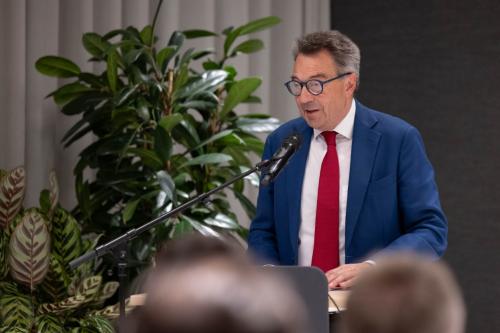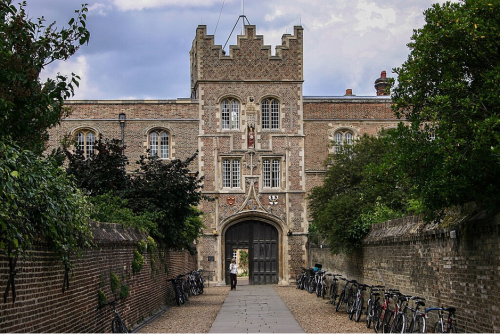Mutual legal assistance in practice: presentation for Indonesian anti-corruption officials

At a virtual meeting attended by around 900 Indonesian anti-corruption professionals on 8 July, Senior Asset Recovery Specialist Jonathan Spicer gave practical advice on how to succeed in obtaining mutual legal assistance (MLA) in corruption and money laundering cases.
MLA is a crucial form of international cooperation in cases of grand corruption and money laundering, which often involve multiple jurisdictions. Through MLA, investigators and prosecutors can obtain evidence located in another country by asking that country to use its law to seize the evidence. MLA is most commonly used where a prosecutor’s or court order is required to obtain the evidence, for example for the search of premises or the production of banking documents.
Webinar participants included members of the Indonesian anti-corruption agency, the KPK, as well as police officers, financial intelligence analysts, judges and internal auditors.
MLA in 45 minutes
Among other practical advice, Joe covered:
- First steps, such as engaging early with overseas authorities, checking guidelines and making full use of informal methods of cooperation.
- Barriers to successful MLA, which include differences in legal traditions and confiscation systems, procedural variations and human rights/political considerations.
- Limits on the use of evidence provided through MLA.
- Delays, which are sometimes due to states giving individuals affected by a request the opportunity to object.
Exploring dual criminality
Joe went into detail on the issue of dual criminality, which is the requirement that the criminal activity being investigated or prosecuted is a criminal offence in both countries.
Narrow interpretations of dual criminality have resulted in refusals to execute MLA requests. The progressive approach is for countries to consider whether the conduct being investigated would be a criminal offence in their jurisdiction even if labelled differently. This is why countries submitting MLA requests should give as clear as possible descriptions of the criminal activity that is being investigated, as a means of overcoming dual criminality.
Advice based on on-the-ground experience
MLA is a significant hurdle for many victim states seeking to recover stolen assets from foreign jurisdictions, and is an important part of ICAR's assistance to its partner countries. Based on his own and colleagues’ on-the-ground experiences, Joe's presentation included some practical tips on how to write MLA request and avoid common flaws.
Forthcoming editions of our quick guide series will see Joe explaining about how MLA works, top tips on how to get your request accepted and executed, and looking at some of the alternatives to MLA that have been developed.
See also
- Our recommendations to the UNGASS on enabling full cooperation in asset recovery matters, including a recommendation on dual criminality.
- Takeaways from the 2nd Africa-Europe Dialogue on Asset Recovery on 2019, including on cooperation and dual criminality.




